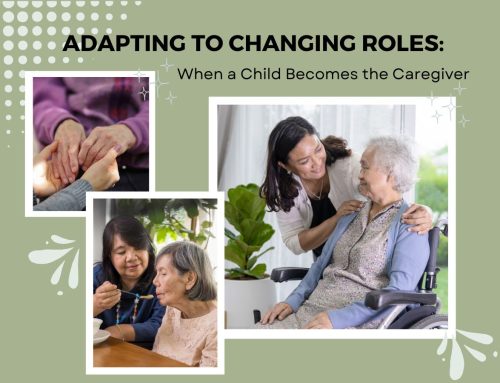Caring for an aging loved one can be challenging, and when you’re living miles away, it may feel even more overwhelming. Balancing the demands of your own life while ensuring your loved one receives proper care and support requires careful planning, clear communication, and resourceful strategies. Here are some tips to help long-distance family members stay involved and provide meaningful care for their loved ones.
Establish a Care Team You Can Trust
One of the most important steps is building a local support network. This might include nearby family members, neighbors, friends, or professional caregivers. If your loved one requires consistent assistance, consider hiring a Certified Geriatric Care Manager (GCM) who can oversee their care, coordinate services, and act as your eyes and ears on the ground. A GCM can also offer regular updates and address any concerns promptly, giving you peace of mind.
Schedule Regular Communication
Set up a routine to stay connected with your loved one. Weekly video calls or daily phone check-ins can help you gauge their emotional well-being, monitor their health, and make them feel cared for. You can also use messaging apps to stay in touch with caregivers or other family members to share updates and coordinate care.
Use Technology to Your Advantage
Today’s technology makes it easier than ever to monitor and assist from afar. Install smart devices such as medication reminders, fall detection systems, and home monitoring cameras for added safety. Additionally, apps designed for caregiving can help you organize schedules, track medical appointments, and share updates with other family members or caregivers.
Stay Organized with Key Information
Maintain a record of important details such as medical history, medications, emergency contacts, and legal documents (like a power of attorney). Having this information readily available can save time and stress during emergencies. Share this information with your care team to ensure everyone is on the same page.
Visit When Possible
While it may not always be feasible, scheduling periodic visits can help you assess your loved one’s living conditions, build relationships with their local caregivers, and identify any unmet needs. During visits, observe subtle changes in their behavior, health, or home environment that may indicate they require additional support.
Provide Emotional Support
Living far away doesn’t mean you can’t be emotionally present. Send letters, care packages, or even small gifts to brighten your loved one’s day. Encourage them to engage in social activities or join local senior groups to reduce feelings of isolation.
Ask for Help When Needed
You don’t have to do it all alone. If caregiving responsibilities become too much to manage, seek professional help. Services like CJ & Associates Care Consulting specialize in creating personalized care plans, coordinating resources, and providing guidance for families navigating these challenges.
Final Thoughts
Caregiving at a distance requires flexibility, patience, and creativity. While it’s not always easy, your efforts to stay involved can make a world of difference for your loved one’s well-being. By leveraging resources, maintaining open communication, and building a strong care network, you can provide meaningful support—even from afar.






